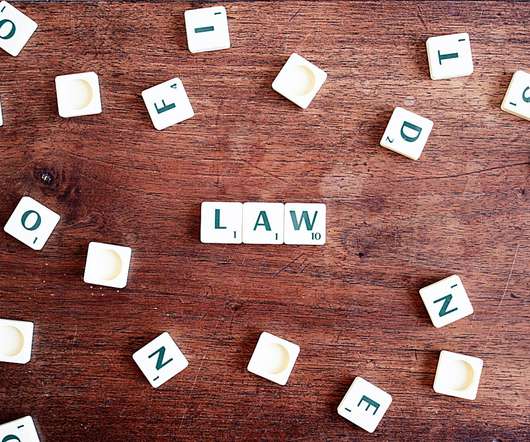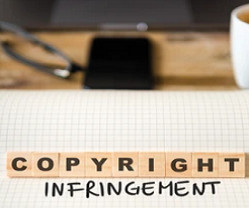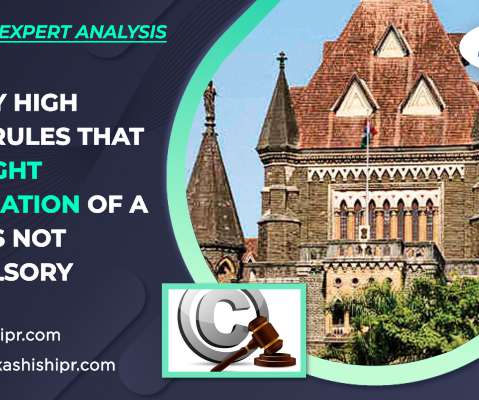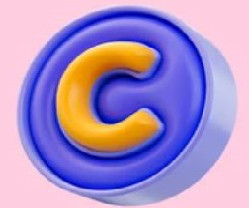Copyright Infringement and Remedies in Nigeria
IPilogue
FEBRUARY 4, 2022
Copyright infringement is the violation and piracy of an author’s exclusive right through the unauthorized use of a Copyright-protected work. Section 15 (1) (a)-(g) of the Copyright Act, C28, Laws of the Federal Republic of Nigeria (“LFN”), 2004 , provides several acts that amount to copyright infringement in Nigeria.












Let's personalize your content